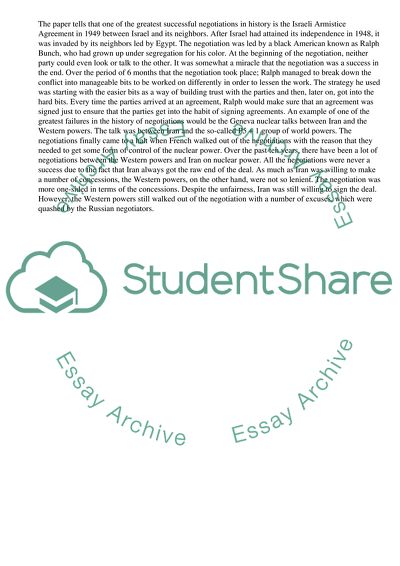Cite this document
(“The Role of Communication and Personality in Negotiation Research Paper”, n.d.)
The Role of Communication and Personality in Negotiation Research Paper. Retrieved from https://studentshare.org/business/1628177-the-role-of-communication-and-personality-in-negotiation
The Role of Communication and Personality in Negotiation Research Paper. Retrieved from https://studentshare.org/business/1628177-the-role-of-communication-and-personality-in-negotiation
(The Role of Communication and Personality in Negotiation Research Paper)
The Role of Communication and Personality in Negotiation Research Paper. https://studentshare.org/business/1628177-the-role-of-communication-and-personality-in-negotiation.
The Role of Communication and Personality in Negotiation Research Paper. https://studentshare.org/business/1628177-the-role-of-communication-and-personality-in-negotiation.
“The Role of Communication and Personality in Negotiation Research Paper”, n.d. https://studentshare.org/business/1628177-the-role-of-communication-and-personality-in-negotiation.


